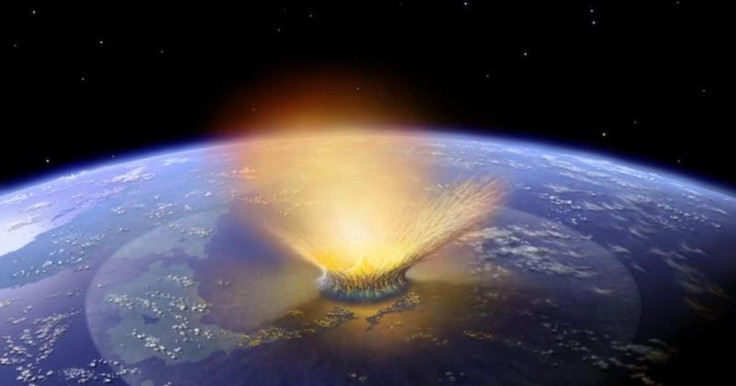SpaceX CEO Elon Musk Scared Of Killer Asteroid, Believes Earth Has 'No Defense'

Elon Musk, the founder of SpaceX and Tesla, strongly believes that a massive asteroid will hit Earth and space agencies will not be able to do anything about it. He made the statement in response to reports of the impending arrival of a city-killer asteroid.
Earlier this week, Musk took to Twitter to respond to an article shared by stand-up comedian, mixed martial arts commentator and podcast host Joe Rogan. According to the article by Express, the asteroid known as Apophis, which is a reference to an ancient Egyptian god of chaos and destruction, is expected to fly past Earth in 2029.
As noted by NASA, the asteroid, which measures about 1,115 feet long, will approach the planet from a distance of 19,000 miles. This means Apophis will be closer to the planet than the distance between satellites and Earth, which averages around 22,000 miles.
In response to the article, Musk tweeted that Apophis will most likely not collide with Earth ten years from now. However, he said that Earth will still get hit by a massive asteroid because the planet is practically defenseless against them.
Great name! Wouldn’t worry about this particular one, but a big rock will hit Earth eventually & we currently have no defense. https://t.co/XhY8uoNNax
— Elon Musk (@elonmusk) August 18, 2019
Musk did not go into detail regarding his statement but he most likely agrees with what other scientists have already said about Earth’s chances of dodging an asteroid impact.
For years, NASA and other agencies from around the globe have been developing their own ways to deflect an approaching asteroid. One of these includes intentionally crashing a spacecraft on an asteroid to change its trajectory.
Although this sounds like a very solid plan, Nancy Chabot, a project scientist for NASA’s planetary defense department Double Asteroid Redirection Test, previous said that this method will only work if done on time.
“To do something like this, we’d also need a really long warning time; the idea of a kinetic impactor is definitely not like [the movie] ‘Armageddon,’ where you go up at the last hour and you know, save the Earth,” she told Space.com.
“This is something you would do in 5, 10, 15, 20 years in advance – gently nudge the asteroid so it just sails merrily on its way and doesn’t impact the Earth,” Chabot added.
The long period, of course, is not ideal since NASA had already admitted that it sometimes cannot detect smaller asteroids. Although these asteroids are small enough to go undetected, they can still create a huge impact and wipe out a city if they collide with Earth.
© Copyright IBTimes 2024. All rights reserved.




















